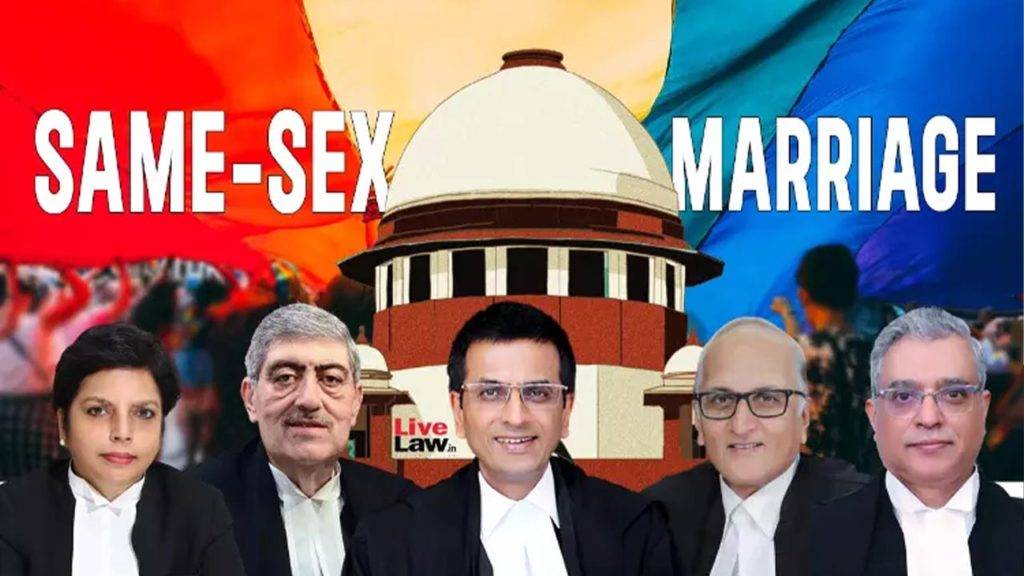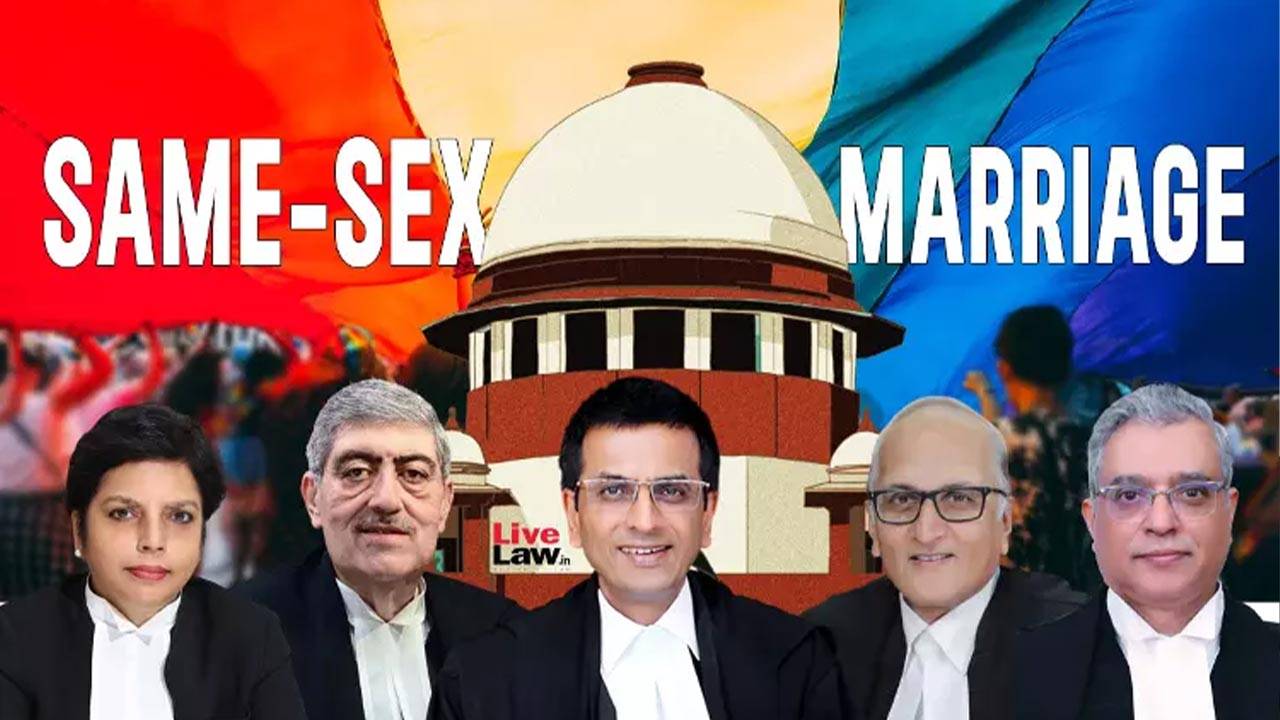Same Sex Marriage Hearing:- In recent years, same-sex marriage has become a topic of heated debate in many countries around the world. While some nations have legalized same-sex marriage, others have yet to do so.
In India, the Supreme Court recently held a hearing on the issue of same-sex marriage, sparking discussions across the country. Here’s what you need to know about the Supreme Court same-sex marriage hearing, as well as the broader context of same-sex marriage in India.

Table: Countries Where Same-Sex Marriage is Legal
| Country | Year of legalization |
|---|---|
| Argentina | 2010 |
| Australia | 2017 |
| Austria | 2019 |
| Belgium | 2003 |
| Brazil | 2013 |
| Canada | 2005 |
| Colombia | 2016 |
| Costa Rica | 2020 |
Supreme Court Same-Sex Marriage Hearing
The Supreme Court of India held a hearing on the issue of same-sex marriage. The hearing was prompted by a petition filed by a gay couple who sought legal recognition of their marriage. The couple argued that the denial of same-sex marriage violated their fundamental rights and was discriminatory.
During the hearing, the Supreme Court considered several arguments from both sides of the debate, including religious and cultural objections to same-sex marriage. The Court has yet to issue a ruling on the matter, but the hearing has generated significant attention and discussion in India.
Same-Sex Marriage in India
Currently, same-sex marriage is not legal in India. The country’s laws define marriage as a union between a man and a woman, and same-sex couples are not eligible for marriage licenses. However, there is growing support for same-sex marriage in India, with advocates arguing that it is a matter of equality and human rights.
Some Indian states have taken steps to recognize same-sex relationships, such as allowing for civil unions or domestic partnerships, but these measures do not provide the same legal protections and benefits as marriage.
In 2018, the Indian Supreme Court issued a landmark ruling that decriminalized homosexuality. The ruling was widely celebrated by LGBTQ+ activists and marked a significant step forward for LGBTQ+ rights in India. However, the issue of same-sex marriage remains contentious, with opponents citing religious and cultural reasons for their opposition.
Frequently Asked Questions (FAQs)
- Why is same-sex marriage not legal in India?
Same-sex marriage is not legal in India because the country’s laws define marriage as a union between a man and a woman. There is currently no legal framework for recognizing same-sex marriages. - What is the status of same-sex marriage in other countries?
As of 2023, same-sex marriage is legal in 30 countries, including the United States, Canada, the United Kingdom, and several European nations. - What are the arguments for legalizing same-sex marriage?
Advocates for same-sex marriage argue that it is a matter of equality and human rights. They point out that denying same-sex couples the right to marry deprives them of legal protections and benefits that heterosexual couples enjoy. - What are the arguments against legalizing same-sex marriage?
Opponents of same-sex marriage cite religious and cultural reasons for their opposition. Some argue that same-sex marriage undermines traditional values and the institution of marriage. - What other steps can be taken to support LGBTQ+ rights in India?
In addition to legalizing same-sex marriage, advocates for LGBTQ+ rights in India have called for increased protection from discrimination and violence, as well as greater visibility and representation in media and politics.






